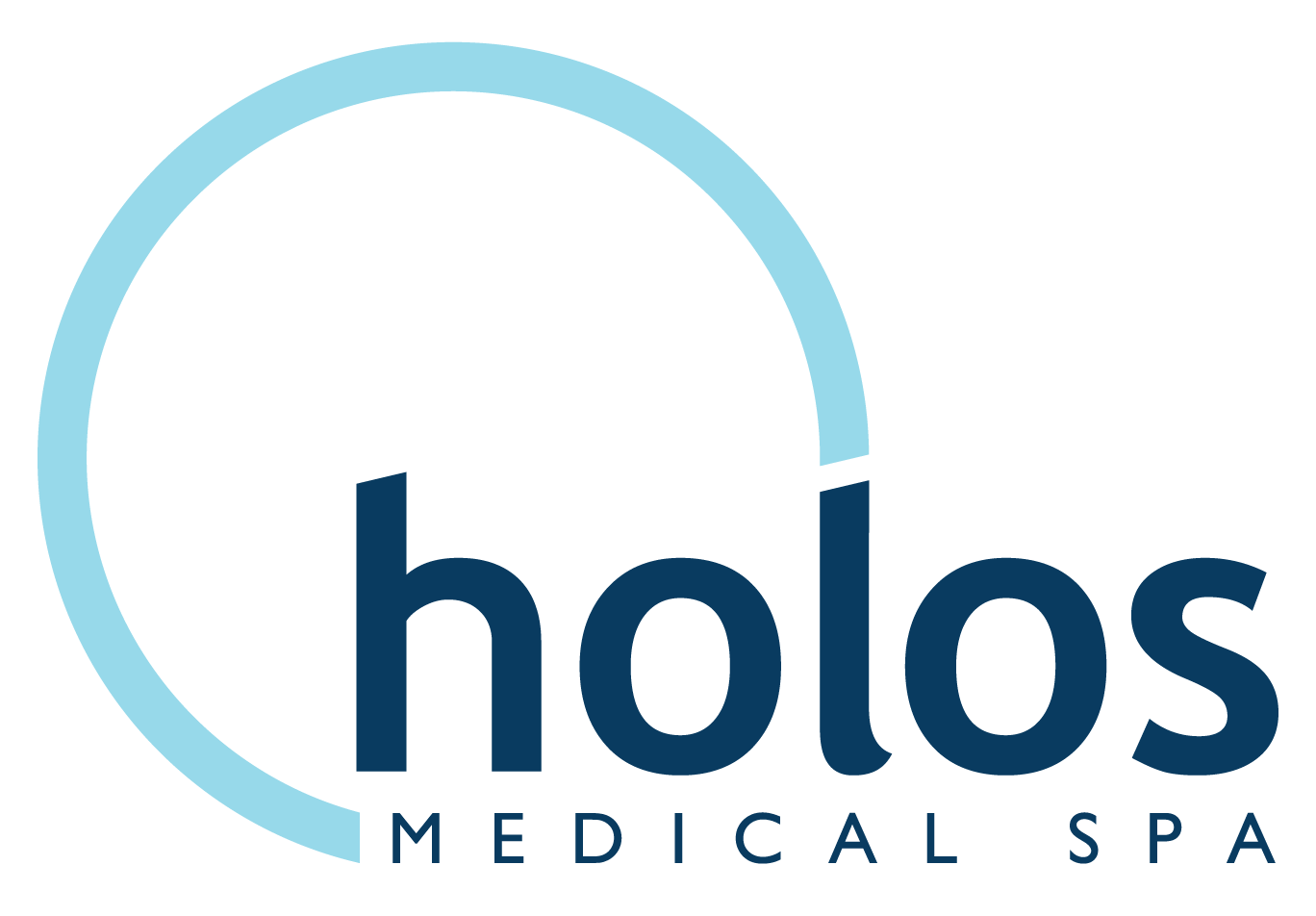
peptide therapies
Peptide therapy involves administering synthetic or naturally occurring peptides to improve health and treat various conditions. Peptides are short chains of amino acids that play crucial roles in the body's physiological processes.
Types of Peptides Used in Therapy:
- Growth hormone-releasing peptides (GHRPs): Stimulate the body to produce growth hormone, promoting muscle growth, bone density, and anti-aging effects.
- Thymosin alpha-1: Enhances immune function and reduces inflammation.
- Melanocortin peptides: Regulate pigmentation and improve skin health.
- BPC-157: Promotes wound healing and tissue regeneration.
- Ipamorelin: Stimulates growth hormone production and improves body composition
- PT-141, also known as bremelanotide, It is used to treat hypoactive sexual desire disorder (HSDD) in premenopausal women and ED in men.
- AOD peptide, also known as AOD9604AOD, promotes fat burning.
- Siasos peptides-studied for its potential role in mitochondrial health and longevity.
Other benefits:
- improved athletic performance
- Anti-aging effects
- Enhanced immune function
- Reduced inflammation
- Wound healing and tissue regeneration
- Hormonal balance
Risks and Side Effects:
Potential for allergic reactions, Possible hormonal imbalances, Increased risk of infection, and Limited scientific evidence for some peptides.
Regulation and Availability:
